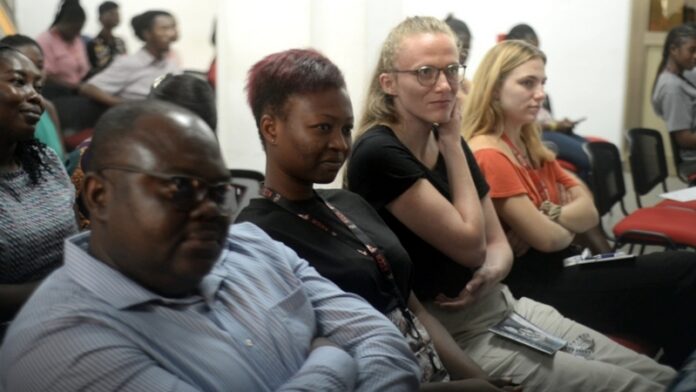About six thousand people die annually in Ghana through antimicrobial resistance, according to the Kumasi Center for Collaborative Research in Tropical Medicine (KCCR).
This health threat occurs when bacteria, viruses, fungi, and parasites change over time and no longer respond to medicines, making infections harder to treat and increasing the risk of disease spread, severe illness, and death.
According to Dr. John Amuasi, lead of the Global Health and Infectious Diseases Research Group at the KCCR, addressing the issues of resistance particles will save more people from dying from diseases.
“This is simply because the medicine that is used to cure microbes are not working, which happens when people abuse these microbials because they no longer become effective,” he said.
Speaking to Joy News during the World Antimicrobial Resistance Awareness Week celebration, he said this is to help create awareness to reduce the negative impact.
Dr. Amuasi suggested the only way to limit the use of antimicrobials is to make them available to the right people who need them and prevent them from being used by those who don’t need them.
The World Antimicrobial Resistance Awareness Week 2024 was commemorated with the global theme “Educate. Advocate. Act now.” It reminds the public of the critical need to combat this silent pandemic of antimicrobial resistance (AMR).
The AMR challenge poses a serious risk to global health, food security, and sustainable development, which undermines the effectiveness of antimicrobials, particularly antibiotics, and the treatments depend on daily.
During an engagement with commercial drivers at Tech on self-medication and its impact, Dr. Charity Wiafe Akenten, Research Fellow with the One Health Bacteriology Research Group at the KCCR, said to mitigate the impact of antimicrobial resistance, Ghana, through the Ministries of Health, Food and Agriculture, and the Veterinary Department, has formulated and implemented a national action plan.
This includes public awareness creation, strengthening of labs, and educating farmers.


